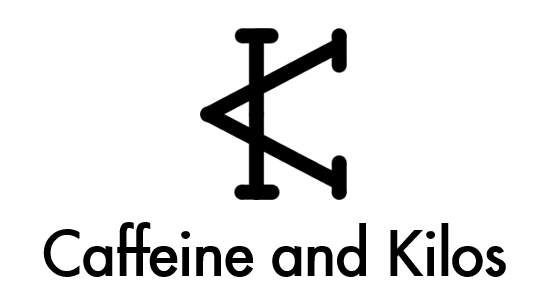
Off-Season Training With MLB Players | Richie Anderson
Share
Speaker 1: All right. I'm out here at Results Physical Therapy and Training with Coach Rich.
Richie: Yes, sir.
Speaker 1: Rich you've got a lot of guys out here and most of these guys are baseball, baseball players.
Richie: Yup. This off-season we have about upwards of 15 to 17 pro-baseball guys.
Speaker 1: Pro-base, all over the place from minor leagues, some free agents?
Richie: Yeah, yeah. I have ... We got three free agents, some minor league guys that just got drafted like a year or two ago. And then some vets, we've got some salty vets in here, too.
Speaker 1: Very nice, yeah. And so you said 17 this off-season?
Richie: About that, yeah.
Speaker 1: And so, how long ago did you start training baseball guys?
Richie: We started ... shoot ... about four years ago.
Speaker 1: Pretty new?
Richie: Yeah, yeah, yeah. I had one guy. And that developed into three or four and we just kept grinding, kept trying to train as best we can and we're here now.
Speaker 1: You guys are out here pushing sleds and some [inaudible 00:00:54] training. One thing I've noticed is that, especially in the weight room, a lot of unilateral stuff, a lot of one-sided stuff. Is that a product of baseball, being a lot of one-sided stuff?
Richie: Yeah.
Speaker 1: Or is that for health issues? What's the purpose?
Richie: A little bit of both. A lot of these guys are so asymmetrical 'cause they do one motion. It's so repetitive, over and over and over. And so when we come in and we test them, we do FMS in all our testing, baseline testing. We see so much asymmetries between each sides. Definitely. We get the meat and potatoes with their main lifts and their olympic variations, and their bilateral squats. But we do a ton, especially now, ramping up all the baseball stuff. Now we're really getting into the unilateral stuff.
Speaker 1: So as you get closer to season, you get into more unilateral stuff?
Richie: Yes and no. We do it through the whole off-season. But now they're hitting so much and they're throwing, and they're really ... One, they don't really want to be in here as much, so we got to get a good bang for our buck. And take this as, now this is the backup, and they're really focusing on the baseball stuff now, getting ready for spring training.
Speaker 1: Right. Yeah, awesome. So when they are, maybe earlier on or at different times, you said you do some bilateral squats or some of the olympic variations? You push the weight on those a little bit?
Richie: Yeah, yeah.
Speaker 1: Or what exercises do you push the weight in the most [crosstalk 00:02:04]?
Richie: I let these guys get after it. We do mostly a clean pull variation. Put that camera away Matt. Come on, now. Come on.
Speaker 1: That's called inception I think.
Richie: Yeah, I know, right?
We'll do some olympic lift variations. If I have guy that threw weight around in college ... I look at their resume. If I have a guy that threw some weight around in college, we'll let him throw around a little bit. If I had a guy that was a high school draft pick, ease them into it a little bit.
But, I love front squats. We don't back squat too much. Just puts the shoulder in a position. A lot of front squats, clean pulls, our main, and dead lifts, [crosstalk 00:02:43].
Speaker 1: Awesome. That's something ... You have a history in baseball. Do you find that a lot of the stuff you do, is it from different experiences that you had? Do you have some strength and conditioning coaches that help along the way or is more of stuff you picked up as you've traveled through it?
Richie: More of lack thereof. The stuff that we did before I had education was, now the thing that made me scratch my head. Like, "Why did we do that?" It's more of stuff from my formal education, my undergrad and my grad school at Sac State. And then picking people's brains. I have a lot of really good mentors in the field. It's picking brains and I test all the stuff, too. I do everything and make sure it's gonna work right.
Speaker 1: You mentioned a couple mentors, you want to like one or two. Who are your big mentors?
Richie: Couple big guys. Lauren Landow out in Colorado. Big name sports performance guy. I pick his brain a lot. Harry Theodorides at Sac State. Got all my oplympic lifting stuff from him. I mean that's the one good thing about having a formal education and seeing social media and the Internet is I can kind of ease my way back through and be like, I watch, this is good. I have the baseline and then I get to pick and pull from a lot of big name people.
Speaker 1: Awesome. Hey, well thanks for having us out. Good job with these baseball guys and we'll be in touch.
Richie: Of course, man.
Speaker 1: All right, thanks.

